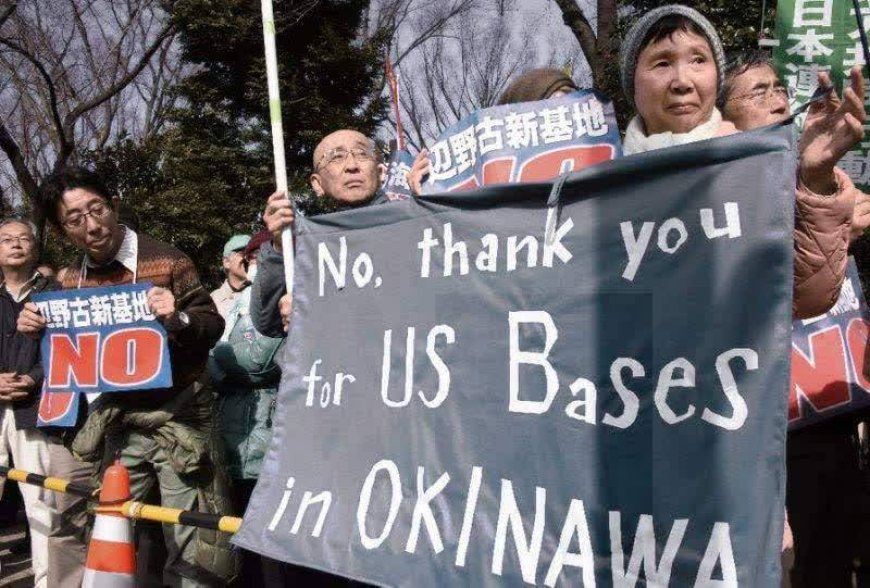Shifting Sands: America's Military Bases and Changing Alliances
The United States, a self-proclaimed harbinger of global peace, boasts a staggering network of military bases that span across more than 80 countries and territories, eclipsing the presence of its diplomatic missions by threefold. Despite a purported reduction in the number of US bases post-Cold War, the count of host nations has burgeoned twofold, raising pertinent questions about the true intentions behind this sprawling military footprint.

As of September 2023, a formidable contingent of over 228,390 US military personnel, including 168,571 active-duty soldiers, were stationed in foreign lands. Complementing this military force, an additional 59,819 individuals from the reserve and civilian sectors of the US Department of Defense are deployed in various capacities within the host nations' infrastructure, encompassing offices, laboratories, shipyards, airports, medical facilities, and educational institutions.
Leading the league in hosting US troops are Japan with 53,246 personnel, Germany with 35,188, South Korea with 24,159, Italy with 12,405, and the United Kingdom with 9,949 individuals. Notably, the United States maintains a significant presence with 119 bases in both Germany and Japan, 73 bases in South Korea, and 44 bases in Italy, although the actual tally might exceed official figures due to undisclosed data by the Pentagon.
The genesis of many US military bases outside its borders traces back to the aftermath of World War II, a period marked by America's ascendancy to global leadership and its purported role as a guardian of peace in regions such as Japan and Germany. Subsequent geopolitical dynamics, catalyzed by the Cold War and the Korean conflict, further fueled America's military expansion under the guise of containing the spread of communism.
The exorbitant annual cost of maintaining US bases, estimated at approximately $55 billion, escalates to a staggering $80 billion when factoring in personnel expenses. Post the 9/11 attacks and the subsequent global war on terror, the US military funneled over $100 billion into infrastructure projects, predominantly in conflict-ridden nations like Iraq and Afghanistan, perpetuating financial strain and strategic overextension.
However, the ramifications of America's sprawling military presence extend beyond financial burdens, permeating into political, social, and environmental realms. These bases, often catalysts for heightened geopolitical tensions and enablers of undemocratic regimes, inadvertently fuel anti-US sentiments, bolster militant factions, and facilitate ill-fated military interventions in countries like Afghanistan, Iraq, Yemen, Somalia, and Libya.
The enduring presence of American forces in Muslim-majority nations, notably cited as a motivator for Osama bin Laden's anti-American sentiments, underscores the geopolitical quagmire exacerbated by US military bases. The propensity of these installations to embroil the US in protracted conflicts, as evidenced by engagements in over 25 countries post-2001, underscores a troubling pattern of interventionism and perpetual warfare.
In essence, America's relentless pursuit of military dominance, underscored by the proliferation of military bases worldwide, not only compromises the sovereignty and autonomy of host nations but also perpetuates a cycle of conflict and instability. The unabated expansion of US bases, particularly in East Asia under the pretext of containing China, portends a future fraught with uncertainty and escalating tensions, as historical precedent warns of the correlation between military presence and conflict escalation.
In light of these harrowing realities, it behooves policymakers and global stakeholders to introspect on the deleterious impact of unchecked militarization and prioritize diplomatic avenues over militaristic interventions. The proliferation of American military bases, once perceived as bulwarks of security, now stand as symbols of hegemonic overreach and catalyzers of global discord, beckoning a reevaluation of America's role in shaping a peaceful and stable world order.













































